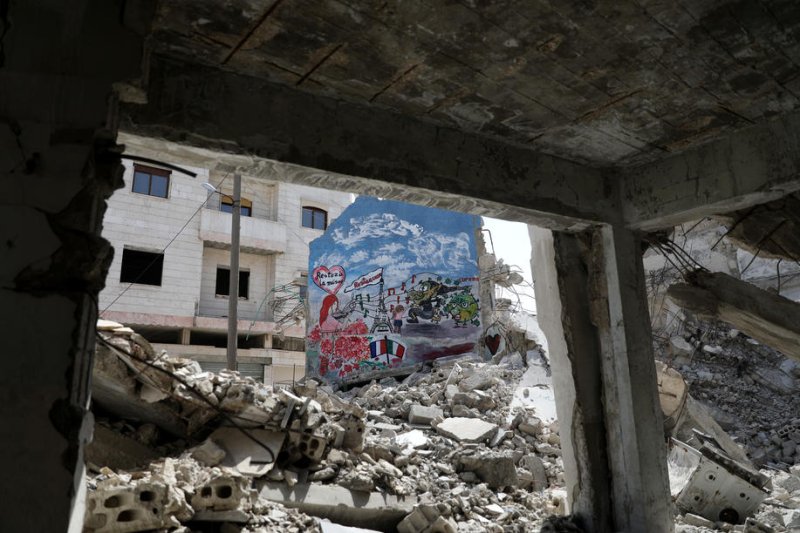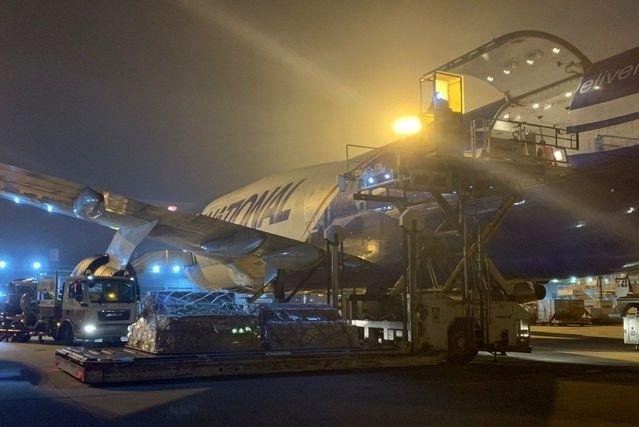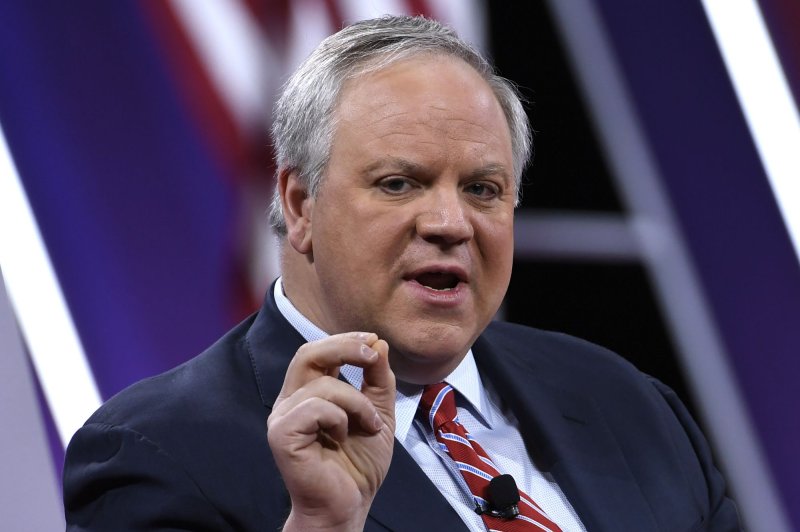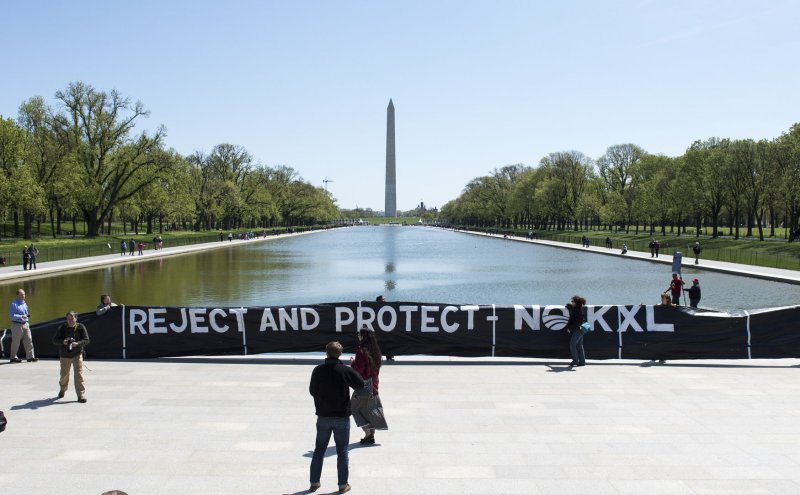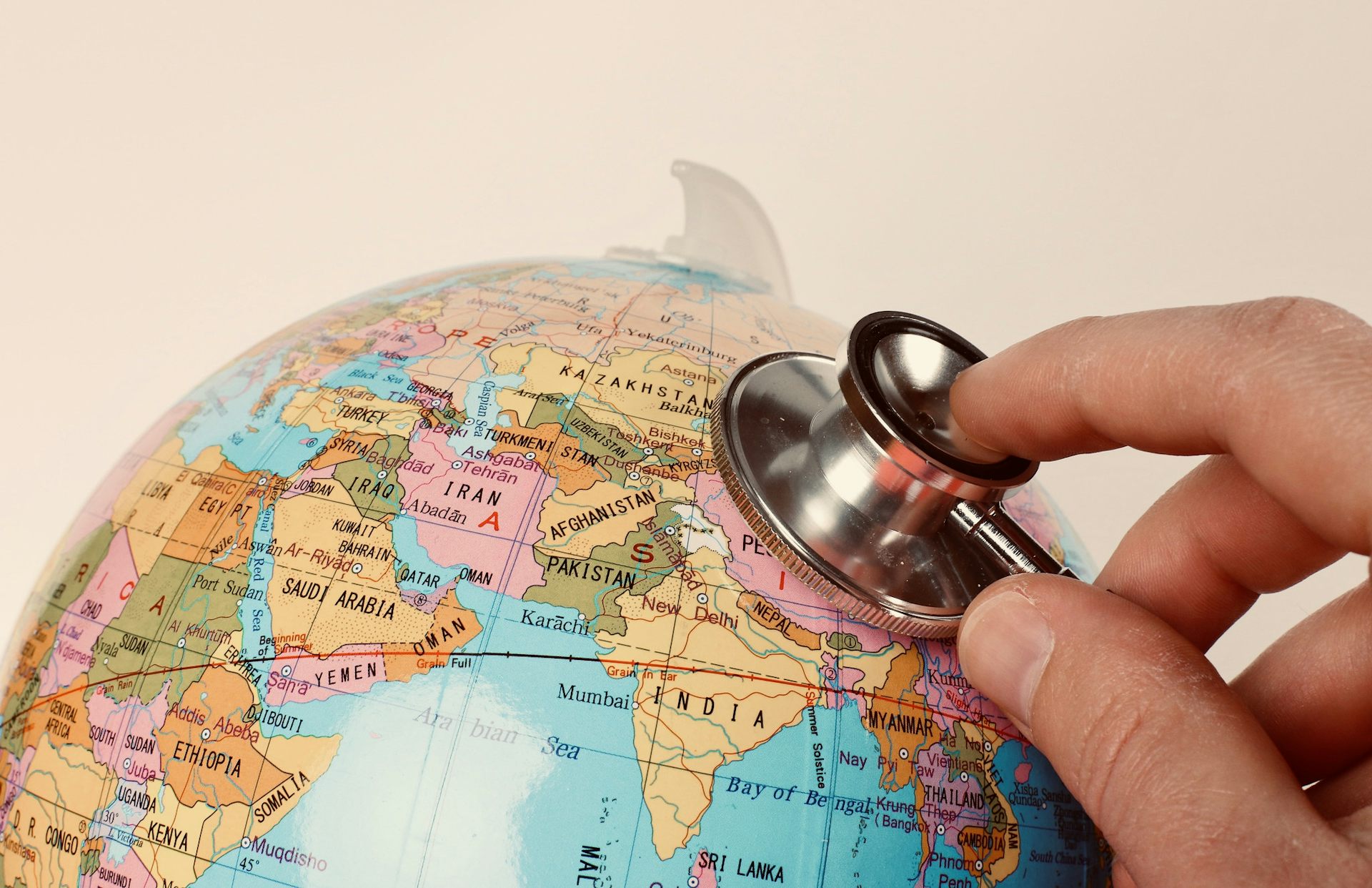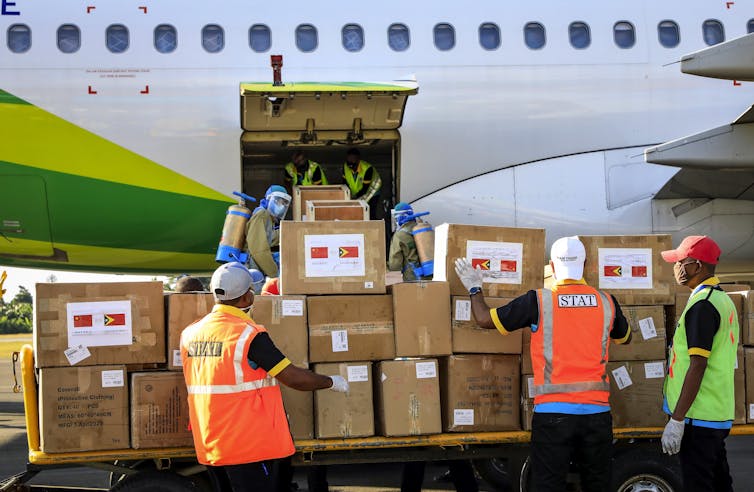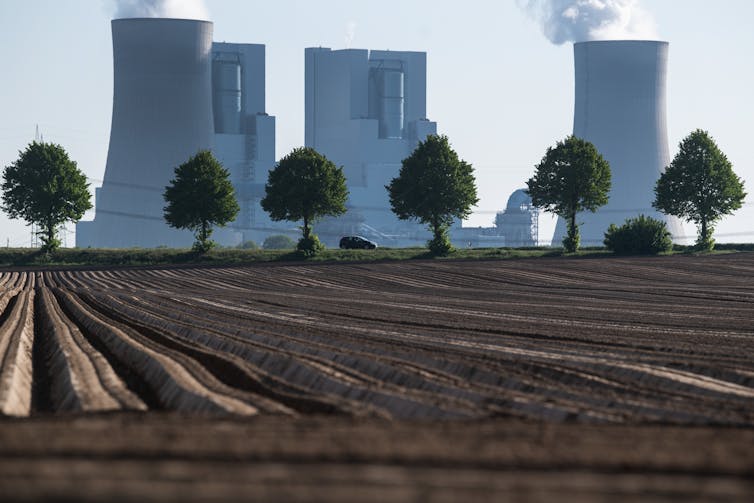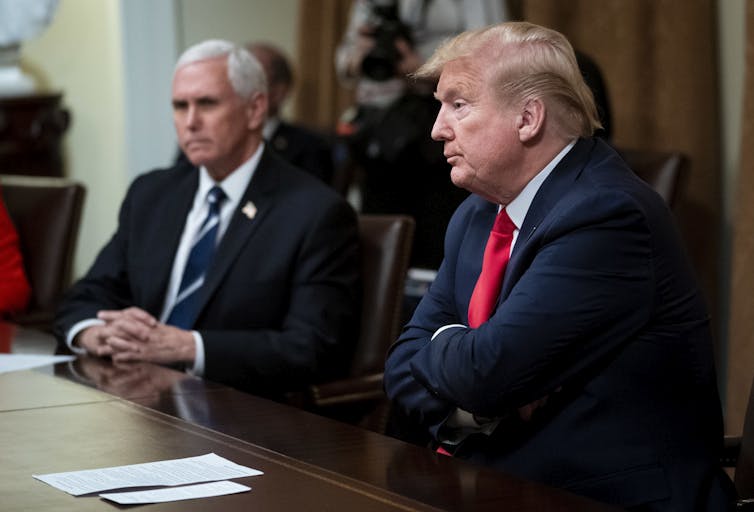Potato farmers reduce planting as demand plummets during pandemic
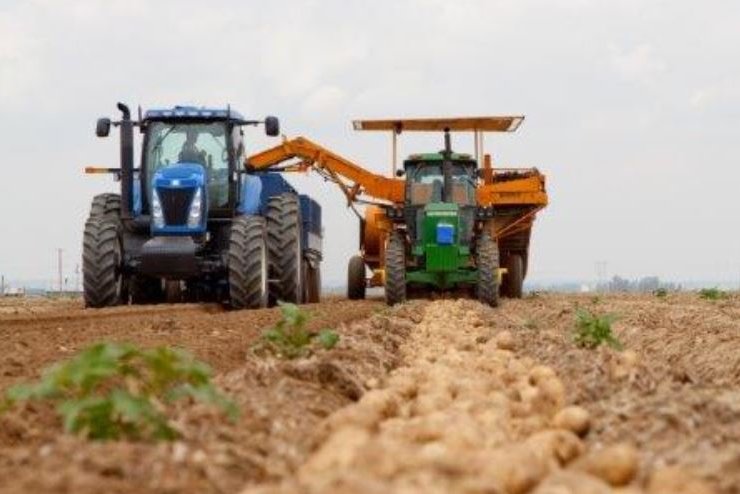
Farmers are cutting potato acres after demand for spuds plummeted during the coronavirus pandemic. Photo courtesy of Cal-Organic/Grimmway Farms
EVANSVILLE, Ind., May 11 (UPI) -- Potato farmers plan to plant fewer spuds this year after demand for America's most popular vegetable has plummeted during the coronavirus pandemic.
Early estimates show potato acres down about 10 percent, said Blair Richardson, CEO of Denver-based Potatoes USA, a potato marketing organization. But even with that reduction, industry leaders fear farmers will be unable to sell all their harvest come fall.
The problem developed because the closures of restaurants, schools and other food service operations created an unprecedented drop in potato consumption across the country.
"Sixty percent of our business is food service," said Kam Quarles, CEO of the National Potato Council, a Washington D.C.-based trade group. "When that market slammed shut, basically overnight, the supply chain for the potato industry started to back up. And now we're dealing with a huge oversupply."
RELATED Asparagus price bucks norm, spikes during coronavirus pandemic
More than $1 billion worth of potatoes is "backed up" in the processing system, Quarles said. Those are potatoes processors would have sold this spring, but couldn't.
The U.S. Department of Agriculture this week announced it would buy some $50 million in potatoes. While it's a positive move, Quarles said, it won't be nearly enough to clear out the backlog.
The industry has asked for larger government purchases -- and soon.
"We really need the government to come in and be the customer," Quarles said. "We need to get the 2019 crop out of the supply chain. Otherwise, growers are going to be impacted by this for years."
Farmers already are disking up planted fields or -- if they've not yet planted -- making last-minute switches to different crops.
"Processors operate year-round," said Mike Pink, a potato grower in Washington state. "They try to time it so they're just finishing up [processing the previous year's] crop right as the new crop starts to come in. Right now, we have this huge carryover crop that's getting extended into the 2020 crop. It's overlapping by months."
RELATED Farmers fear USDA's $19B in coronavirus aid won't 'scratch the surface'
Processors that contract directly with farmers have started canceling their orders, Pink said. In his case, his entire 2020 crop was rescinded.
"I already had everything planted," Pink said.
Pink last week made the difficult decision to disk under 240 acres of potatoes.
The decision guarantees he will lose the money he has already put in -- some $2,000 per acre. But, growing that crop will require more investment, roughly another $2,000 per acre. And with no buyer lined up this fall, it's possible he will be unable to sell them.
"That was a very, very tough decision to make," Pink said. "But, I just decided my first loss will be my smallest loss. I hope it was the right decision."
The sudden drop in demand for his potatoes has Pink -- like many growers -- fearing that this year may be his last.
"I think there will be some of us that don't survive, as farmers," Pink said. "I hope I'll be OK, but we don't know. I hope I survive this. I've been doing this since 1987. This is my life."
USDA announces another $470 million in purchases for food banks
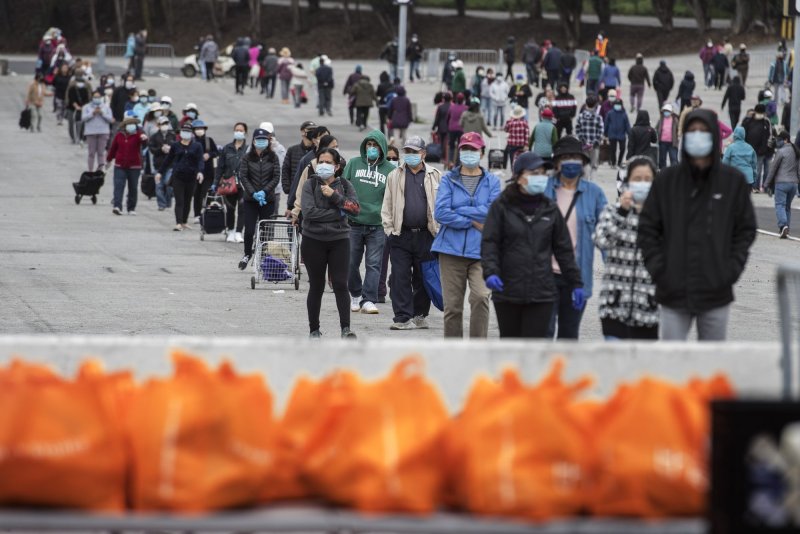
People line up to receive bags of food from the San Francisco-Marin Food Bank in the parking lot of the Cow Palace in Daly City, Calif. on April 17. Photo by Terry Schmitt/UPI | License Photo
EVANSVILLE, Ind., May 6 (UPI) -- The U.S. Department of Agriculture has announced a plan to purchase more food from struggling farmers and distribute it to food banks -- some $470 million this time.
The purchases, announced this week, will come in addition to the $3 billion the USDA pledged to buy farm products as part of the Coronavirus Food Assistance Program that was announced April 17.
While across the country farmers welcomed the news, they were quick to warn that even when combined with the other aid programs, this won't be enough to save the rapidly declining industries.
"This is like a down payment," said Kam Quarles, CEO of the National Potato Council, a Washington D.C.-based trade group. "Clearly, more is going to be needed."
The USDA intends to use this latest $470 million on more than a dozen specific commodities, including potatoes. Other items include asparagus, chicken, dairy, various types of fish, orange juice, pears, pork, prunes, raisins, strawberries, sweet potatoes, tart cherries and turkey.
Many of these items have had their markets suddenly disappear during the coronavirus pandemic as a result of the closure of restaurants, schools and other food service providers.
"Sixty percent of the potato industry went to food service," Quarles said. "When that market slammed shut, basically overnight, the supply chain for the potato industry started to back up. And now we're dealing with a huge oversupply."
More than $1 billion worth of potatoes are sitting in processing plants and in farm storage with nowhere to go, and the backup keeps growing, Quarles said.
The latest USDA purchase plan sets aside $50 million for potatoes.
Other farming industries are experiencing similar distress from the sudden loss of food service.
Across the country, dairy farmers are dumping milk once bound for schoolchildren, while fresh produce growers are tilling vegetables no longer needed by restaurants into the soil and livestock producers are euthanizing animals they can't sell for slaughter.
"Anything helps," said Donovan Johnson, president of the Minnesota-based Northern Plains Potato Growers Association. "We're grateful for anything that could help relieve the catastrophic damage that's going on. But this is total devastation."
